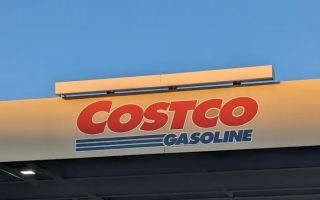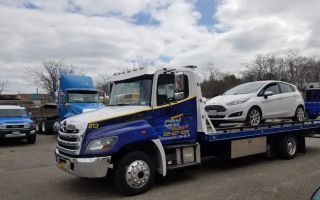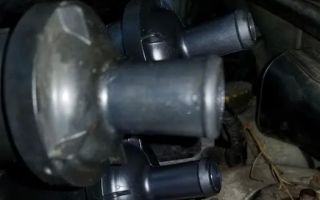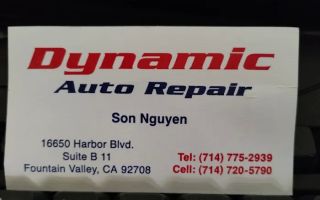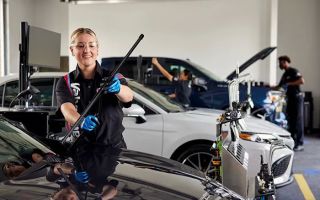Best Towing Practices for Safe and Efficient Vehicle Recovery
- The Importance of Safe Towing Practices
- Key Towing Techniques for Efficient Recovery
- Essential Tools and Equipment for Vehicle Recovery
- Real-life Case Studies: Towing Practices in Action
- Choosing the Best Towing Services for Safe Recovery
The Importance of Safe Towing Practices
Towing a vehicle is a delicate process that requires careful planning and execution to ensure both the safety of the vehicle and the people involved. Whether you’re dealing with a breakdown, accident, or vehicle transport, using the best towing practices for safe and efficient vehicle recovery is crucial to avoid accidents, further damage to the vehicle, and even injuries. Improper towing can cause significant damage to both the towed vehicle and the towing vehicle itself, as well as pose risks to other road users.
When towing, it's not just about getting from point A to point B—it’s about doing so without unnecessary risks. With proper towing techniques and equipment, you can ensure a smooth, safe, and cost-effective recovery process. This article will outline the best towing practices and tips to help ensure that your vehicle recovery is both safe and efficient.
Key Towing Techniques for Efficient Recovery
There are several best towing practices that are essential for safely and efficiently recovering a vehicle. Below are some key towing techniques that every driver or towing professional should consider:
- Use the Right Tow Hitch: A proper tow hitch is the foundation of safe towing. Ensure that the hitch matches the weight and size of the vehicle being towed. Overloading or using an incompatible hitch can result in accidents and damage.
- Properly Secure the Vehicle: Securing the vehicle properly is vital to prevent it from shifting or detaching during the tow. This includes using tow straps or chains and ensuring that the tires are locked in place using wheel chocks or tiedowns.
- Maintain Control of the Towing Vehicle: The towing vehicle should be driven carefully, maintaining an even speed and avoiding sudden braking. The towed vehicle needs time to adjust to changes in speed, and sudden movements can cause instability.
- Monitor the Towed Vehicle: Regularly check on the towed vehicle, especially during long-distance tows. Make sure that it remains secure, and no parts of the vehicle are dragging on the road.
Essential Tools and Equipment for Vehicle Recovery
Having the right tools and equipment for towing is essential to ensuring a safe and efficient recovery process. Here are some essential tools and equipment that are often used in vehicle towing:
- Tow Straps and Chains: Tow straps and chains are the primary tools used to secure the vehicle during towing. Make sure they are rated for the weight of the vehicle and in good condition to prevent breakage.
- Wheel Chocks: Wheel chocks prevent the towed vehicle from rolling while being towed, ensuring that the vehicle stays in place during recovery.
- Flatbed Towing Equipment: Flatbed towing is often the safest option, especially for vehicles that have significant damage or low ground clearance. A flatbed truck allows the entire vehicle to be lifted off the road, avoiding potential tire or suspension damage.
- Recovery Vehicle: For more complex vehicle recoveries, a specialized recovery vehicle with the right winching equipment may be necessary to safely lift and tow the vehicle.
Choosing the right tools and equipment is essential for the safety of the vehicle, the driver, and other road users. Whether you’re towing a motorcycle, a sedan, or a heavy-duty truck, using the correct tools will ensure that the recovery is successful without further complications.
Real-life Case Studies: Towing Practices in Action
Real-world scenarios often demonstrate the importance of using proper towing techniques. For instance, a few months ago, a local towing company was called to recover a vehicle stuck in a muddy field. The vehicle was properly secured with a winch and the recovery truck was positioned strategically to avoid further damage to the vehicle. The entire process went smoothly, and the vehicle was recovered without any issues.
On the other hand, a recent case involved a vehicle that was towed without securing the wheels properly. The result? The vehicle slipped off the tow truck during transit, leading to extensive damage and delays. This example illustrates how critical it is to follow best towing practices to avoid costly mistakes and complications.
These case studies underscore the value of using the right tools, having experienced towing professionals on hand, and practicing safe towing techniques to ensure a smooth vehicle recovery process.
Choosing the Best Towing Services for Safe Recovery
Choosing the right towing service is just as important as following proper towing practices. When selecting a towing service, it’s important to consider their reputation, experience, and the equipment they use. The best towing services are those that offer reliable, safe, and efficient recovery options, and are available 24/7 for emergencies.
For example, Rescue & Towing offers expert vehicle recovery services, ensuring that your vehicle is in good hands from start to finish. Their experienced team uses the best tools and practices to ensure that your vehicle is safely recovered without damage. Click here to learn more about their services.

